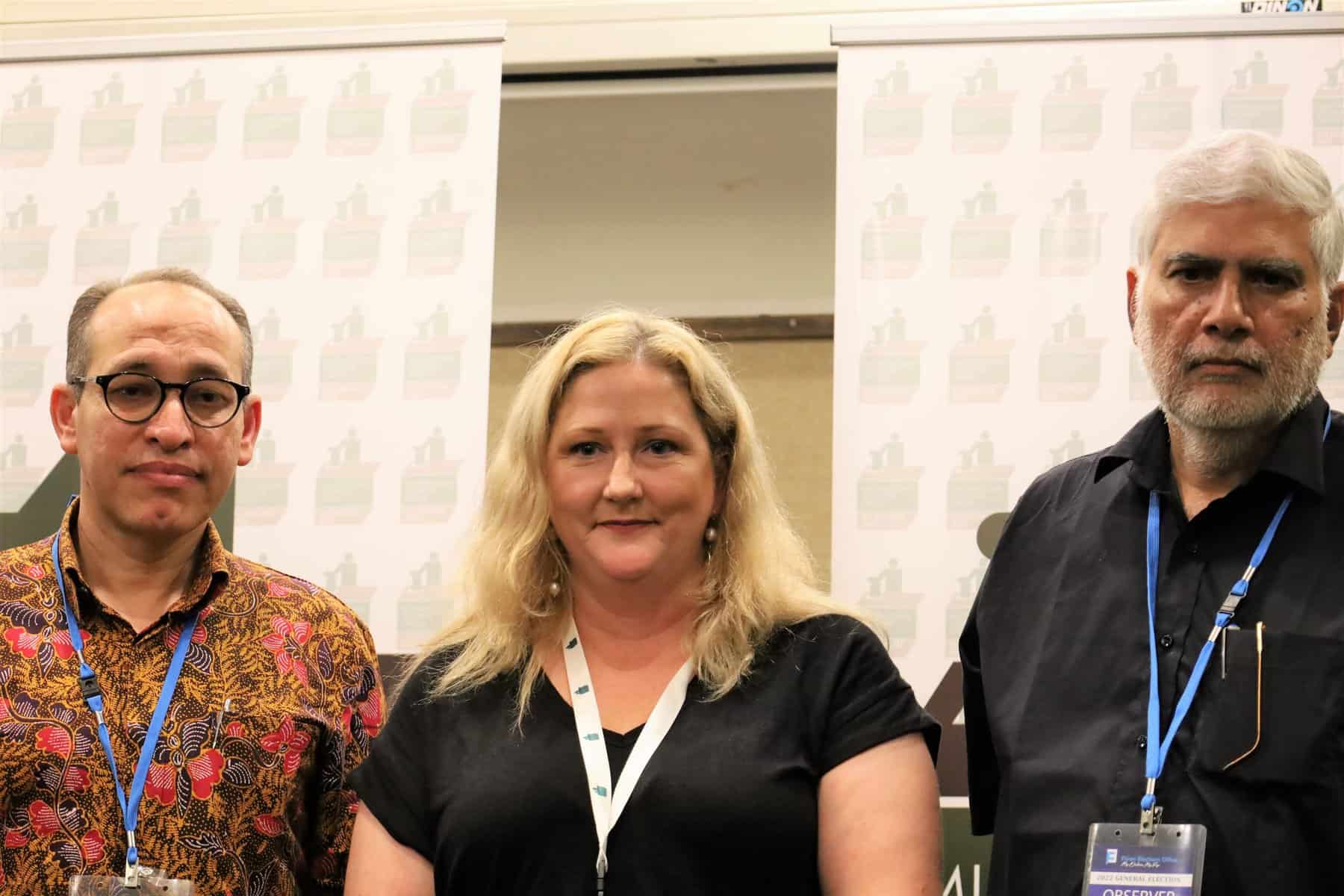The Multinational Observer Group (MOG) monitoring the Fiji election says it did not observe any significant irregularities or issues during pre-polling, postal voting or election day voting.
However, some political parties questioned the value of the MOG, given its terms of reference are set by the Fiji government.
“We have found that the Multinational Observers Group is just a waste of time. They come here for a good holiday and go back,” Fiji Labour Party leader Mahendra Chaudhry told journalists in the days after the election.
MOG Co-Chair, Australian parliamentarian Rebekah . . .
Please Subscribe to view full content...
